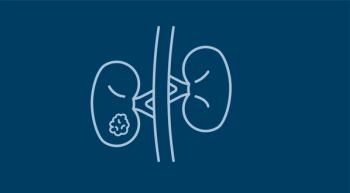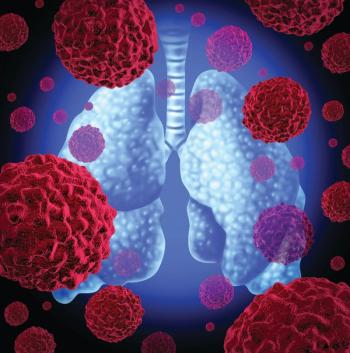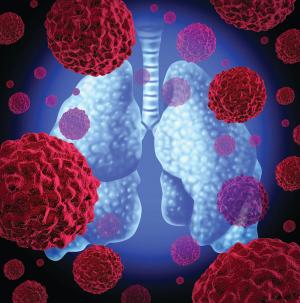
Sacituzumab govitecan may represent a promising option for patients with endocrine resistant, hormone receptor–positive/HER2-negative metastatic breast cancer, according to updated findings from the phase 3 TROPiCs-02 study.

Sacituzumab govitecan may represent a promising option for patients with endocrine resistant, hormone receptor–positive/HER2-negative metastatic breast cancer, according to updated findings from the phase 3 TROPiCs-02 study.

Although 83% of Black patients with metastatic breast cancer expressed interest in clinical trials, only 40% reported having a conversation about enrollment with their health care provider, highlighting one of many potential barriers to achieving clinical trial diversity.

Unrelieved stress may contribute to cancer-related cognitive impairment and anxiety in patients undergoing chemotherapy.

Older men who have received androgen-deprivation therapy are an increased risk of heart issues, however, the root of the risk is still not well understood.

Cognitive therapies were found to be effective for helping cancer survivors with insomnia, but more research is needed for patients actively receiving treatment.

Cabozantinib is determined to be a safe treatment option for patients with metastatic renal cell carcinoma whose disease failed to respond to prior immunotherapy combinations.

Researchers identified a linear decrease in the likelihood of surgery once patients with localized prostate cancer reached a BMI of 33 or greater.

Hispanics are the largest ethnic minority and one of the most rapidly growing populations in the United States. Prostate cancer represents the highest incident non-cutaneous malignancy in this population.

Yoga has a positive impact on the vagus nerve, which influences how people think, remember, and feel, and therefore can improve the mental well-being of patients with prostate cancer.

Previously treated patients with non-small cell lung cancer tended to have better responses with Retevmo than they did with prior treatments.

Pralsetinib elicited promising responses and tolerability in patients with RET fusion-positive non-small cell lung cancer (NSCLC), including those who were not eligible for platinum-based therapy.

Due to the COVID-19 pandemic, many patients’ and survivors’ care has changed, but one nurse and her team sought to make this population more comfortable and safe during these times with virtual visits.

Survivors of cancer go through coping during the first year after treatment and require specific resources. But these were limited due to the pandemic resulting in survivors self-coping with known mechanisms.

Financial toxicity has been linked to increased mortality rates, but can be improved with financial intervention for patients.

Published: June 3rd 2022 | Updated:

Published: September 16th 2021 | Updated:

Published: May 8th 2022 | Updated:

Published: June 4th 2021 | Updated:

Published: May 7th 2022 | Updated:

Published: September 10th 2022 | Updated: